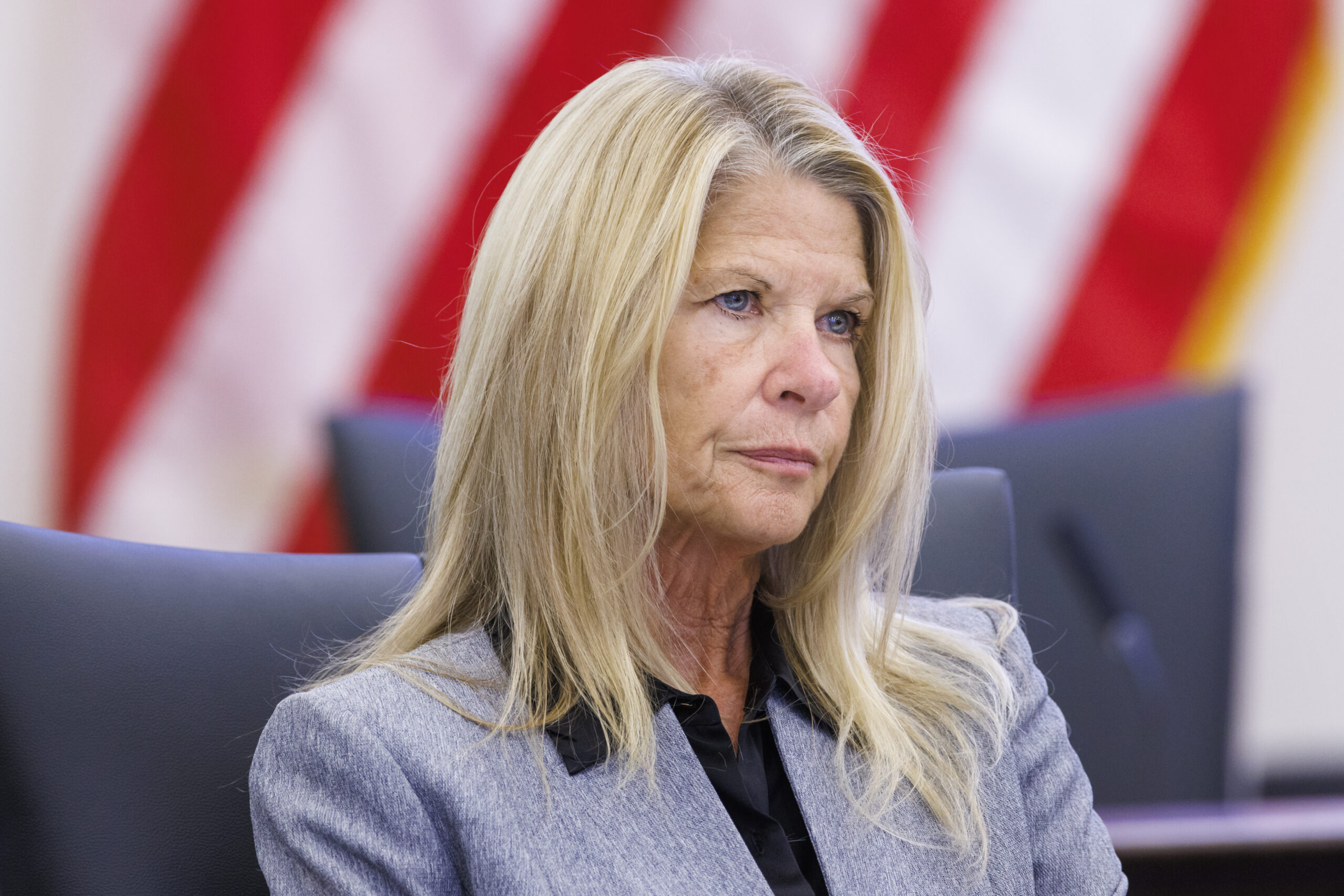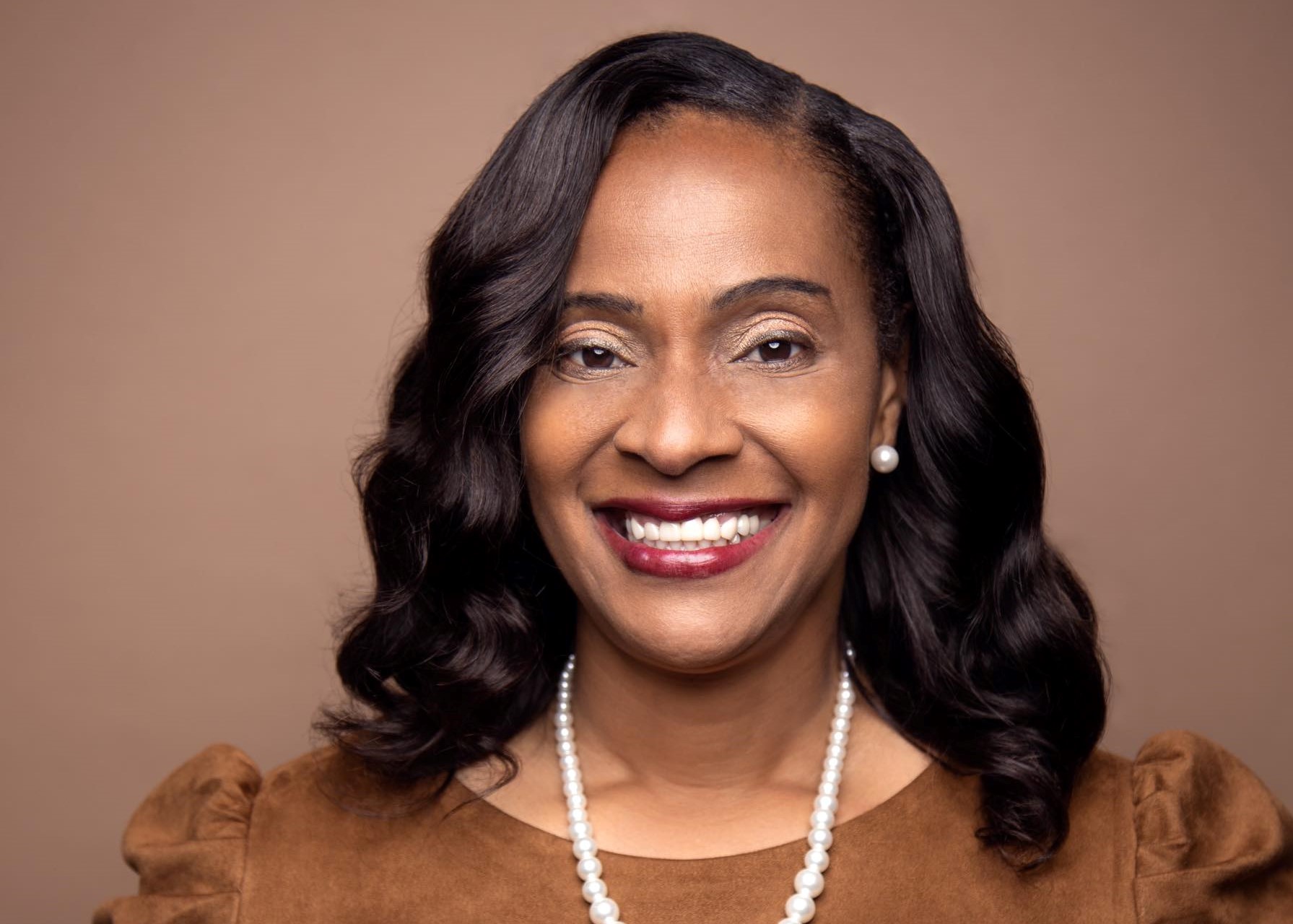The Senate on Thursday confirmed Robert F. Kennedy Jr. as President Donald Trump’s Health Secretary, putting the prominent vaccine skeptic in control of $1.7 trillion in federal spending, vaccine recommendations and food safety as well as health insurance programs for roughly half the country.
Nearly all Republicans fell in line behind Trump despite hesitancy over Kennedy views on vaccines, voting 52-48 to elevate the scion of one of America’s most storied political — and Democratic — families to secretary of the Health and Human Services Department. Democrats unanimously opposed Kennedy.
Kentucky Sen. Mitch McConnell, who had polio as a child, was the only “no” vote among Republicans, mirroring his stands against Trump’s picks for the Pentagon chief and Director of National Intelligence.
“I’m a survivor of childhood polio. In my lifetime, I’ve watched vaccines save millions of lives from devastating diseases across America and around the world,” McConnell said in a statement afterwards. “I will not condone the re-litigation of proven cures, and neither will millions of Americans who credit their survival and quality of life to scientific miracles.”
The rest of the GOP, however, has embraced Kennedy’s vision with a directive for the public health agencies to focus on chronic diseases such as obesity.
“We’ve got to get into the business of making America healthy again,” said Sen. Mike Crapo, an Idaho Republican, adding that Kennedy will bring a “fresh perspective” to the office.
Kennedy, 71, whose name and family tragedies have put him in the national spotlight since he was a child, has earned a formidable following with his populist and sometimes extreme views on food, chemicals and vaccines.
His audience only grew during the COVID-19 pandemic, when Kennedy devoted much of his time to a nonprofit that sued vaccine makers and harnessed social media campaigns to erode trust in vaccines as well as the government agencies that promote them.
With Trump’s backing, Kennedy insisted he was “uniquely positioned” to revive trust in those public health agencies, which include the Food and Drug Administration, the Centers for Disease Control and Prevention, and the National Institutes for Health.
Last week, U.S. Sen. Thom Tillis, a North Carolina Republican, said he hoped Kennedy “goes wild” in reining in health care costs and improving Americans’ health. But before agreeing to support Kennedy, potential holdout Republican U.S. Sen. Bill Cassidy of Louisiana, a doctor who leads the Senate Health, Education, Labor and Pensions Committee, required assurances that Kennedy would not make changes to existing vaccine recommendations.
During Senate hearings, Democrats tried to prod Kennedy to deny a long-discredited theory that vaccines cause autism. Some lawmakers also raised alarms about Kennedy financially benefiting from changing vaccine guidelines or weakening federal lawsuit protections against vaccine makers.
Kennedy made more than $850,000 last year from an arrangement referring clients to a law firm that has sued the makers of Gardasil, a human papillomavirus vaccine that protects against cervical cancer. If confirmed as health secretary, he promised to reroute fees collected from the arrangement to his son.
Kennedy will take over the agency in the midst of a massive federal government shakeup, led by billionaire Elon Musk, that has shut off — even if temporarily — billions of taxpayer dollars in public health funding and left thousands of federal workers unsure about their jobs.
On Friday, the NIH announced it would cap billions of dollars in medical research given to universities and cancer being used to develop treatments for diseases such as cancer and Alzheimer’s.
Kennedy, too, has called for a staffing overhaul at the NIH, FDA and CDC. Last year, he promised to fire 600 employees at the NIH, the nation’s largest funder of biomedical research.
___
Republished with permission of The Associated Press.
Post Views: 0

 Entertainment8 years ago
Entertainment8 years ago
 Entertainment8 years ago
Entertainment8 years ago
 Politics8 years ago
Politics8 years ago
 Tech8 years ago
Tech8 years ago
 Tech8 years ago
Tech8 years ago
 Tech8 years ago
Tech8 years ago
 Politics8 years ago
Politics8 years ago
 Tech8 years ago
Tech8 years ago











